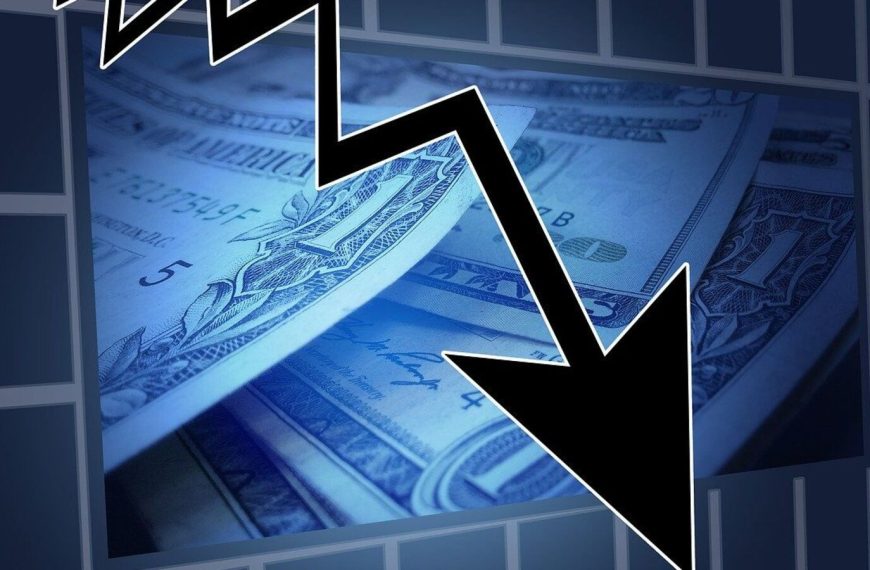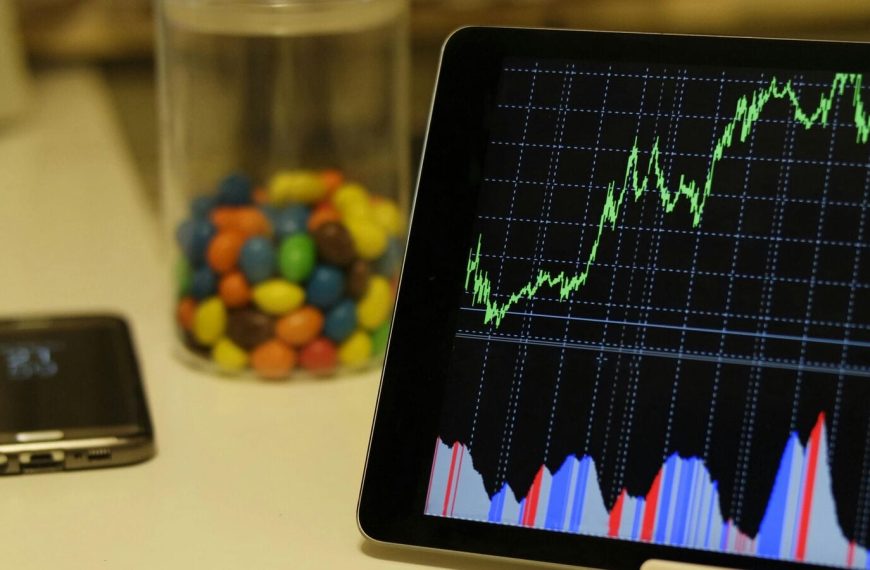Global stock markets faced significant declines for the second consecutive day, primarily driven by U.S. President Donald Trump’s expansive tariff strategies, which resulted in a staggering $2.4 trillion loss in Wall Street equities. The situation escalated when China announced it would impose a 34% tariff on all U.S. goods, intensifying the sell-off.
Banking Stocks Hit Hard
Investor anxiety regarding economic growth has caused banking stocks to plummet. As market participants anticipated further cuts to central bank interest rates, 10-year U.S. Treasury yields dropped to their lowest levels since October. This downward trend followed the implementation of a 10% tariff on various U.S. imports and significantly higher tariffs affecting numerous countries.
- David Bahnsen, chief investment officer at The Bahnsen Group, commented, “If the current set of tariffs persists, a recession in Q2 or Q3 is likely, along with a potential bear market.” He added, “The critical question is whether President Trump will consider easing these policies if the stock market enters a bear phase.”
European and Asian Markets React
The STOXX 600 in Europe fell by 3.1%, continuing a downward trajectory that puts it on course for its largest weekly decline since February 2022, with a total drop of 6.6%. Meanwhile, Japan’s Nikkei 225 index decreased by 2.8%, marking a second day of losses.
In the U.S., futures for the S&P 500 declined by 1.6%, following a substantial 4.8% drop on Thursday—the most significant one-day decline since the COVID-19 pandemic in 2020. Similarly, Nasdaq futures fell by 1.7% after a 5.4% drop the previous day. The VIX index, which measures market volatility, surged to its highest level since August, reaching 33.
Rate Cut Expectations Rise
On Friday, traders adjusted their expectations, now pricing in over 100 basis points of potential rate cuts from the Federal Reserve this year, an increase from the previous estimate of 75 basis points. Anticipation of rate reductions from the Bank of England and the European Central Bank also grew.
According to J.P. Morgan, the likelihood of a recession in both the U.S. and globally has surged to 60%, up from 40% after the announcement of Trump’s tariffs.
Banking Sector Struggles
The banking sector faced a significant downturn as lower interest rates impact lenders’ profit margins. The STOXX 600 banking index fell by 8.7%, with major banks experiencing sharp declines:
- HSBC shares decreased by 6.9%.
- UBS fell by 5.5%.
- BNP Paribas saw an 8% drop.
Japanese banks also suffered, with an 8% decline overnight, while American financial institutions experienced a severe sell-off on Thursday. Citigroup plummeted by over 12%, Bank of America fell 11%, and numerous other banks faced similar downturns.
“If we see negotiations begin or if Trump considers scaling back some tariffs, that might provide a reprieve from the current sell-off,” stated Aneeka Gupta, an equity strategist at WisdomTree. “However, such a scenario appears unlikely at this moment.”
Investors Seek Safe Havens
As uncertainty loomed, the yield on 10-year U.S. Treasury bonds decreased by 16 basis points, settling at 3.897% after a previous drop of 14 basis points. Yields typically move inversely to prices, signaling investor caution.
The volatility in the market was further underscored by a 1.9% decline in the dollar index, marking its most significant drop since November 2022. Despite this, the dollar found some stability on Friday, with the euro down 0.5% following a rally the day before.
Safe-haven currencies like the Swiss franc saw a 0.5% uptick, while the Australian dollar, often viewed as a gauge of investor risk appetite, fell by 2.2%.
Looking Ahead
Market analysts remain cautiously optimistic. Michael Metcalfe, head of macro strategy at State Street Global Markets, noted, “Positive data indicating 1% growth or more in the U.S. for the last quarter could help stabilize markets.” The upcoming nonfarm payrolls data, expected to show a gain of 135,000 jobs in March, down from 151,000 in February, will be closely monitored.
In Japan, the yield on 10-year government bonds is on track for its largest weekly decline since 1992, currently trading at 1.175%. Additionally, oil prices have also dropped, with Brent crude futures falling 2.9% to $68.10 per barrel due to growth and demand concerns.
As global markets navigate these turbulent waters, investors remain vigilant, looking for signs of recovery or further declines.











